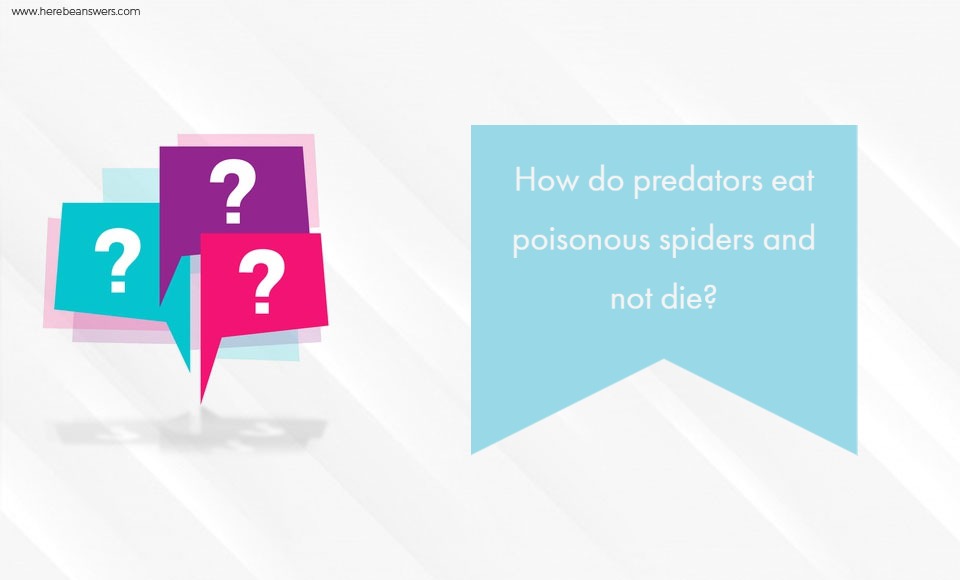Our planet is a beautiful melting pot of millions of different kinds of life. It is a painting that splashes together a thousand colors, but does so in such an incredible way that they all flow together and come together to create something truly splendid. In short, our planet is an amalgamation of millions of different life forms all coexisting in a naturally sustained semblance of harmony.
One effect that is quite often used in the wild is poison. Many species have evolved to be poisonous, so that if they bite another animal, they can kill it simply by injecting poison into its bloodstream. Spiders, though harmless for the most part to us, do contain some variants that have poisonous capabilities.
So, one very interesting question that may come to mind is, what happens when some other animal eats the poisonous spider? After all, not all species will have the foresight to avoid poisonous insects. The answer however, does not always result in death. You see, the terms ‘poisonous’ and ‘venomous’ are different things. Poisonous things may kill you if you eat them, and venomous things may kill you if they bite you. To be specific, these spiders are venomous which means the toxin is intended to be injected into the tissues of the unlucky victim.
In some cases, venom does not achieve the same impact if ingested. It may be diluted in the stomach, less able to penetrate the tissues where they can do harm, and the hostile environment may even break down the critical substances that give the venom its potency. In these cases, the venomous spider is harmlessly digested and excreted. Even if we ourselves were to eat, say, a Black Widow, its venom would simply be rendered moot by the Hydrochloric Acid in our stomachs.
